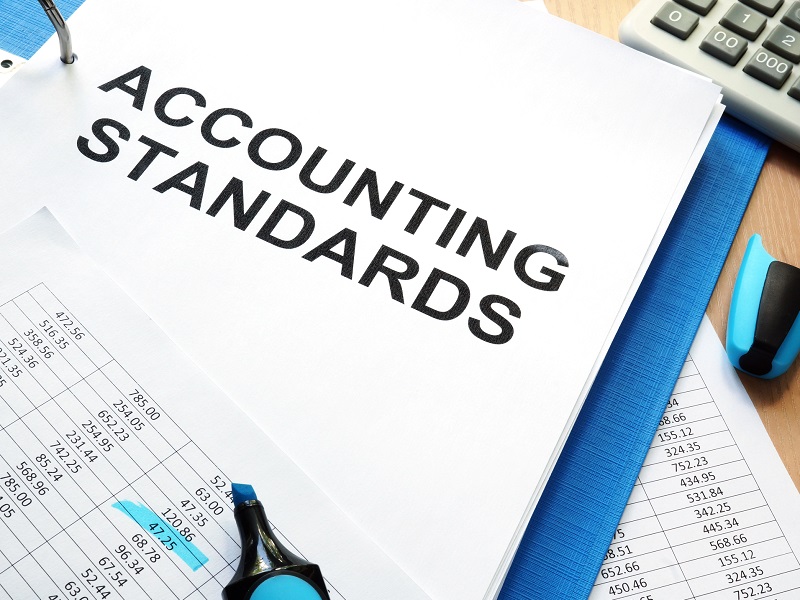
Not-for-profit changes to financial reporting thresholds
Amendments to the Australian Charities and Not-for-Profits Commission Regulation 2013 came into effect on 13 November 2021 which introduce the following changes for registered charities:
- Increases to financial reporting thresholds
- Disclosure of key management personnel remuneration for large charities
- Disclosure of related party transactions for all charities.
Increases to financial reporting thresholds
Annual revenue is used to determine the size of a registered charity and its financial reporting requirements.
These thresholds have increased for the 2022 Annual Information Statement, being a registered charities 30 June 2022 or 31 December 2022 reporting period:
| Charity size | Previous annual revenue threshold | New annual revenue threshold | ACNC reporting requirements |
|---|---|---|---|
| Small | Less than $250,000 | Less than $500,000 | Annual Information Statement |
| Medium | $250,000 or more and less than $1 million | $500,000 or more and less than $3 million | Annual Information Statement and reviewed financial report |
| Large | $1 million or more | $3 million or more | Annual Information Statement and audited financial report |
Large charities are required to have their financial statements audited, whereas medium charities can choose to have their financial statements reviewed or audited. The ACNC does not require small charities to have their financial statements audited or reviewed.
The ACNC has prepared a useful table to help registered charities decide whether to have the financial report reviewed or audited:
| Review | Audit | |
|---|---|---|
| Positives | – Generally cheaper than an audit – Takes less time – Easier to find a reviewer than auditor | – Higher level of assurance – opinion that your charity meets requirements, based on identifying any financial reporting issues – Higher level of examination of the charity’s financial report based on more detail and evidence |
| Negatives | – Lower level of assurance – less likely than an audit to identify financial reporting issues – Lower level of examination of charity’s financial report | – Can cost more money – Can take more time – Can be harder to find an auditor |
It is also important registered charities consider its other requirements before having its financial statements reviewed or audited.
Key items for consideration include, but may not be limited to the following:
- A registered charities constitution may require a registered charity’s financial statements to be audited annually irrespective of charity size.
- A registered charities funding agreement or contract may require the registered charity to submit audited financial statements with a funding body.
- A registered charity may be incorporated under other legislation which has different review and audit requirements. For example, incorporated associations under the Incorporated Association Reform Act 2012 have different requirements to the ACNC, including
- Tier 2 associations, with revenue of $250,000 – $1 million, are required have their financial statements reviewed or audited
- Tier 3 entities with revenue of $1 million or more, are required to have their financial statements audited.
Disclosure of key management personnel remuneration for large charities
The ACNC require large charities who have two or more key management personnel (KMP) to disclose payments made to KMP in their 2022 financial statements and annual information statement.
KMP are defined as those who have the authority and responsibility for planning, directing and controlling a registered charities activities, either directly or indirectly (i.e. those charged with decision-making responsibilities).
Large registered charities can choose to either disclose:
- Aggregate remuneration paid to KMP (i.e. in a single line item) or
- Disaggregated remuneration paid to KMP into the following categories:
- Short-term employee benefits
- Post-employment benefits
- Other long-term benefits
- Termination benefits
- Share-based payments.
It is important registered charities:
- Review which individuals meet the definition of KMP in order to determine required disclosures
- Have appropriate systems in place to accurately report on KMP remuneration.
Related party transactions
The ACNC require all charities, including small, medium and large charities, to report related party transactions in their annual reporting to the ACNC from 2023 (being the 30 June 2023 or 31 December 2023 reporting period). The purpose of such disclosure is to increase transparency within the not-for-profit sector.
A related party is defined as a person or an entity that is related to the registered charity.
Related parties may include:
- KMP of the registered charity
- A close family member of the KMP
- The KMP’s or their close family member’s personal related entities (for example, companies, partnerships, interest in joint ventures etc.)
A close family member of the KMP may include:
- That person’s children and spouse or domestic partner
- Children of that person’s spouse or domestic partners and
- Dependents of that person or that person’s spouse or domestic partner.
While the definition of close family members does not specifically include siblings, parents and other extended family, we recommend transactions outside of the immediate family are considered on a case by case basis if the relationship can be reasonably expected to influence, or be influenced by the KMP dealing with the entity. This may include cousins, siblings and any other members of their extended family.
It is important registered charities:
- Implement a related party policy
- Maintain a related party register.
If your registered charity requires assistance on auditing these, or any other requirements, please contact us or email afs@afsbendigo.com.au to speak to our experienced team.




